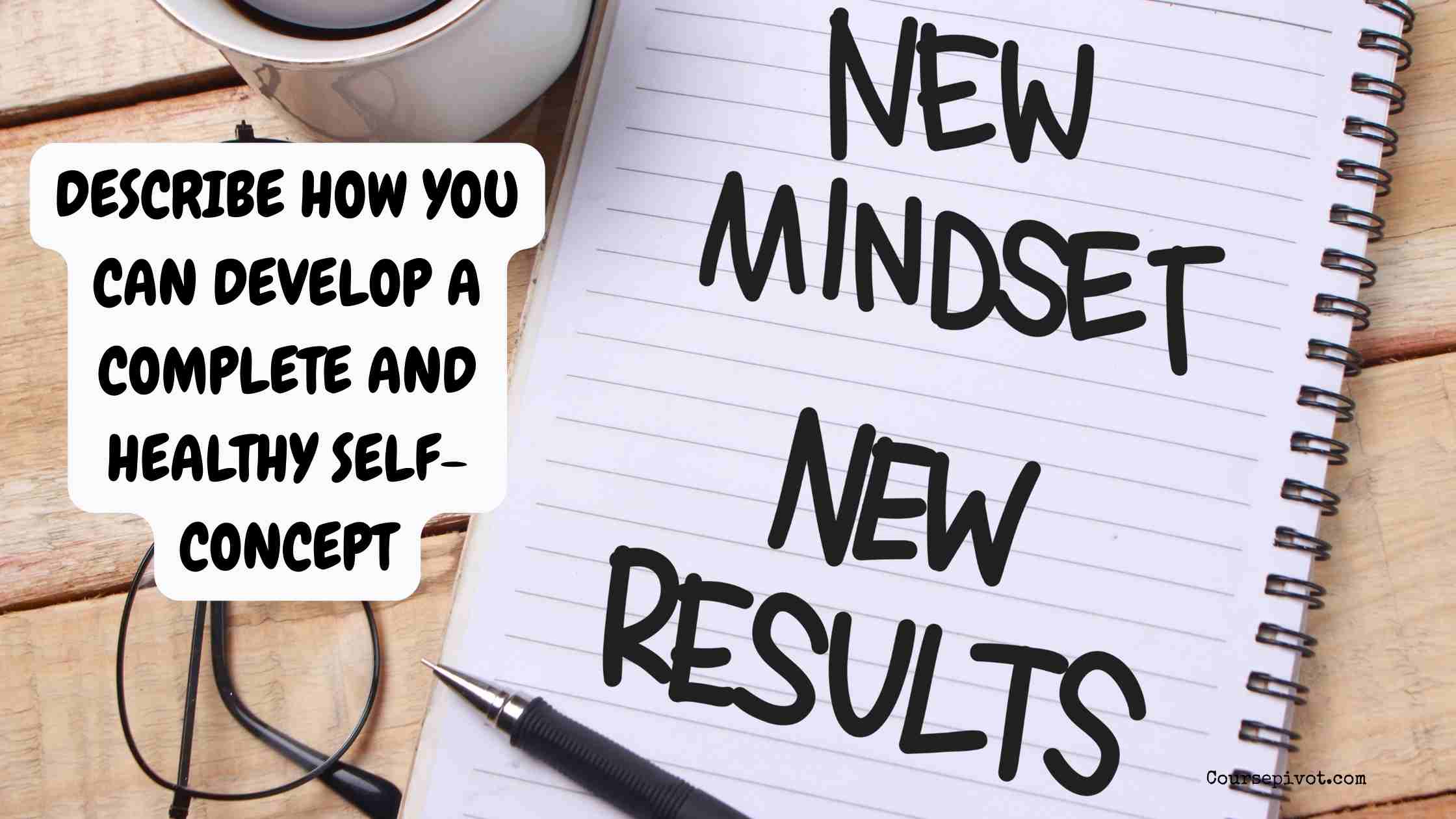
How You Can Develop a Complete and Healthy Self-Concept
Developing a complete and healthy self-concept is something I believe is essential for living a balanced and fulfilling life. From my own experience, I know this isn’t an overnight process. It takes intentional effort, honest self-reflection, and a willingness to grow. A healthy self-concept shapes how we see ourselves, how we react to challenges, and how we connect with others.
Table of Contents
I want to share my perspective on how you can develop a complete and healthy self-concept by focusing on key steps that helped me, and many others, along the way.
Understanding What Self-Concept Really Means
Before diving into the “how,” it’s important to clarify what self-concept is. Simply put, self-concept is the overall perception you have of yourself. It includes your beliefs, feelings, and thoughts about your abilities, appearance, values, and personality.
From what I’ve learned, a complete self-concept means you see yourself realistically—acknowledging your strengths and weaknesses without distortion. A healthy self-concept is balanced and positive, allowing you to grow and accept yourself.
Start with Honest Self-Reflection
One of the first steps I took to develop a complete and healthy self-concept was honest self-reflection. This means taking time to think deeply about who you are, what you believe in, and how you behave.
I found journaling to be a powerful tool here. Writing down my thoughts helped me uncover patterns in how I viewed myself. It forced me to face uncomfortable truths and recognize qualities I hadn’t appreciated before.
Try asking yourself questions like:
- What are my core values?
- What are my biggest strengths?
- Where do I struggle or feel insecure?
- How do I react to success and failure?
These questions can guide you toward a fuller understanding of yourself.
Practice Self-Acceptance
From my experience, self-acceptance is the foundation of a healthy self-concept. This doesn’t mean ignoring flaws or mistakes but rather accepting them as part of your whole self.
I learned that beating myself up over imperfections only made me feel worse and hindered my growth. Instead, I began practicing kindness toward myself. I acknowledged my mistakes without harsh judgment and reminded myself that growth takes time.
Self-acceptance means embracing all parts of yourself—your successes, failures, quirks, and talents.
- Read our trending blog on Explain the Process of Creating an Effective List of Tasks to Accomplish a Goal
Build on Your Strengths While Improving Weaknesses
A healthy self-concept requires balance. I’ve found that focusing only on weaknesses or strengths can skew how I see myself. Instead, I aim to build on what I do well while actively working on areas that need improvement.
For example, I might be confident in my communication skills but recognize that my time management needs work. This awareness allows me to set realistic goals for personal development without losing sight of my strengths.
Surround Yourself with Positive Influences
Another important factor in developing a complete and healthy self-concept is your environment. I noticed that spending time with supportive, positive people boosted my self-esteem and helped me stay grounded.
People who uplift you, give honest feedback, and encourage growth create a space where your self-concept can flourish. Conversely, toxic or critical relationships can distort how you see yourself.
Choosing your social circle carefully is a practical step toward maintaining a healthy self-view.
Set Realistic Goals and Celebrate Progress
In my journey, setting small, realistic goals has been essential. When you achieve goals, no matter how small, it reinforces a positive self-concept. It shows you what you’re capable of and builds confidence.
Celebrate your progress regularly. I like to reflect on milestones and give myself credit. This habit strengthens the belief that I am competent and worthy.
- Read our blog on Why It Is Important to Create Measurable Goals
Be Open to Growth and Change
Finally, developing a complete and healthy self-concept means recognizing that you are always evolving. I remind myself that who I am today is not fixed. Growth involves learning from experiences, adapting, and sometimes redefining parts of myself.
Being open to change allows my self-concept to expand and deepen rather than become rigid or limiting.
Why Developing a Complete and Healthy Self-Concept Matters
Have you ever wondered why some people seem so confident and balanced? It’s often because they have worked on building a complete and healthy self-concept. It’s a process of knowing, accepting, and growing yourself.
In my opinion, developing a healthy self-concept is one of the most valuable investments you can make. It affects your mental health, relationships, and overall satisfaction with life.
By being intentional—reflecting honestly, accepting yourself, building strengths, surrounding yourself with positivity, setting goals, and embracing growth—you create a foundation that supports your well-being and success.
In conclusion, a complete and healthy self-concept is not just about feeling good about yourself. It’s about seeing yourself clearly, accepting your whole being, and confidently moving forward in life. The journey is ongoing, but every step you take strengthens the way you understand and value who you are.
Cite this article
You can copy and paste your preferred citation format below.
Martin, L. & Arquette, E.. (2025, May 26). How You Can Develop a Complete and Healthy Self-Concept. Coursepivot.com. https://coursepivot.com/blog/describe-how-you-can-develop-a-complete-and-healthy-self-concept/



